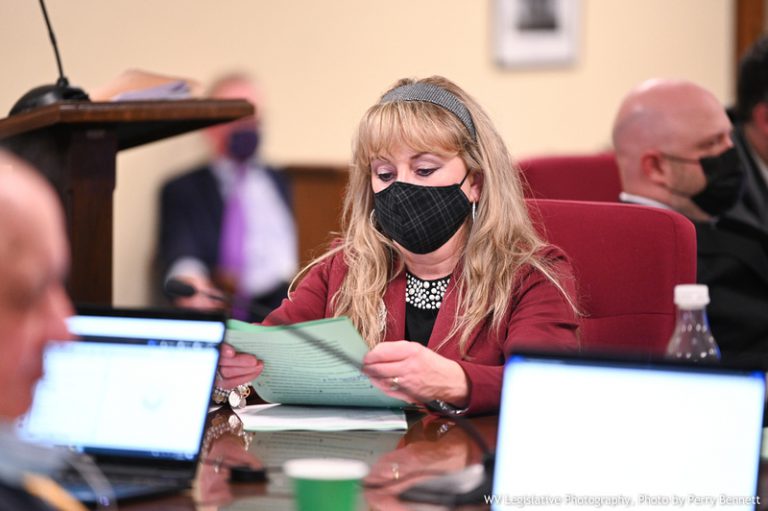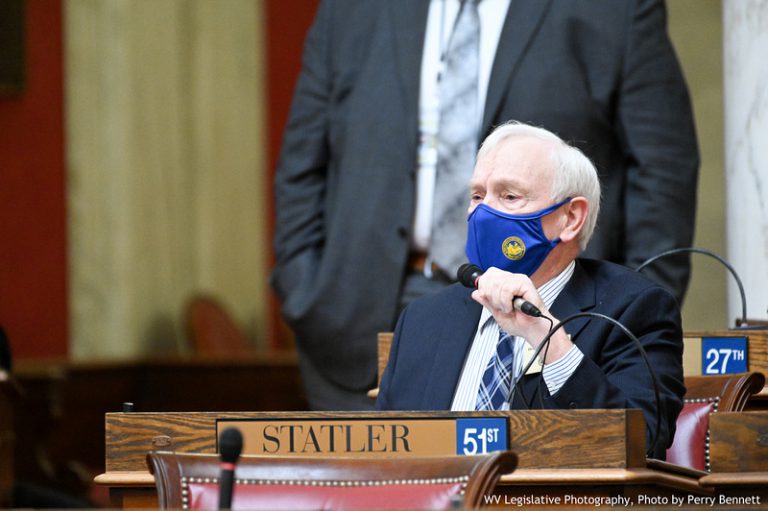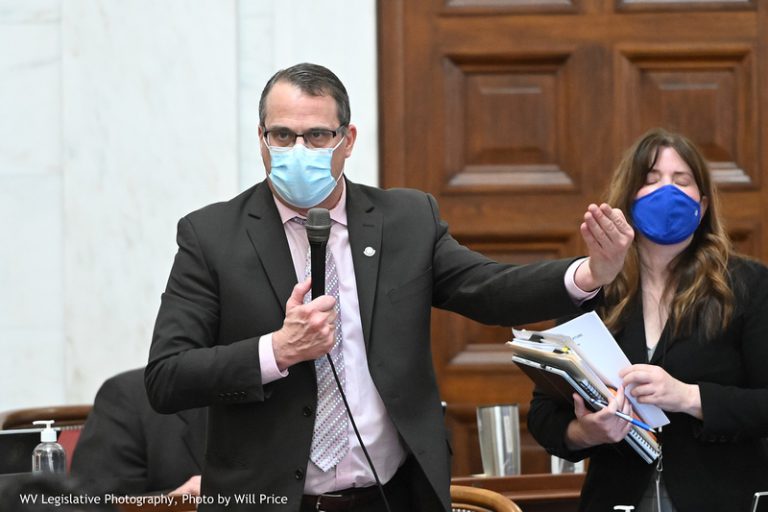The Senate passed a bill on Tuesday that would place certain restrictions on syringe exchange programs throughout the state.
Senate Bill 334 would establish a licensing program for harm reduction programs operating syringe exchanges. The legislation would require majority approval from county commissions to establish a program, as well as a mandatory a one-to-one exchange of needles. The bill also establishes procedures for license revocation should a program not meet these requirements.
The bill was amended on the floor to require the sheriff of a county establishing a syringe exchange program to provide a letter of support, with proponents believing that provision would create more buy-in and participation from law enforcement.
Supporters of the bill said the goal is to keep all of the public health benefits of these programs, such as a reduction in Hepatitis C and HIV cases, while reducing needle litter and any crime element that could become a part of the program.
Opponents believe these restrictions are too stringent and that no reasonable program could comply with these obligations. In effect, they believe the true goal is to end needle exchange programs in West Virginia.
The legislation now heads to the House of Delegates for consideration.
The Senate is adjourned until tomorrow, March 10, at 11 a.m.
All meetings are available for streaming on the Legislature Live page.
Energy, Industry and Mining will meet at 2:30 p.m. in 208W.
Health and Human Resources will meet at 2:30 p.m. in 451M.
Education will meet at 3:30 p.m. in 451M.
Government Organization will meet at 3:30 p.m. in 208W.
Workforce will meet tomorrow at 10 a.m. in 208W.
Interstate Cooperation will meet tomorrow at 10 a.m. in 451M.











